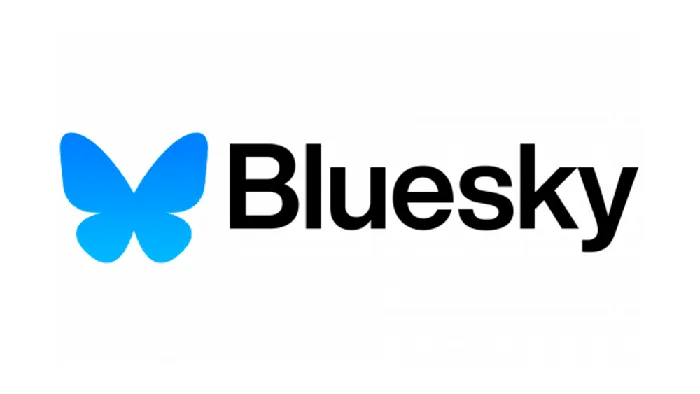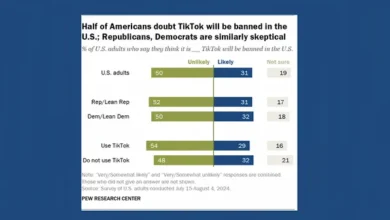
If you’ve been eagerly awaiting a chance to try out Bluesky, the decentralized version of Twitter, which was originally funded by Twitter itself, now you can, with the app moving out of invite-only beta today.

As you can see from these example screens, Bluesky is pretty much Twitter, just with a butterfly silhouette as its logo, as opposed to a bird. That’s by design, with the original Bluesky team coming out of Twitter, and finally going independent after Elon Musk purchased the app.
Up till now, Bluesky has only been accessible via invite, but from today, anybody can sign-up and create a profile in the real-time news alternative.
So why would you want to?
Well, it really depends on your view of the decentralized web, and the value of being able to control your data, and in-app experience, based on portability controls facilitated by such.
As explained by Bluesky:
“Here, your experience online isn’t controlled by a single company. Whether it’s your timeline or content filters, on Bluesky, you can easily customize your social experience. This month, we’ll be rolling out an experimental early version of “federation,” or the feature that makes the network so open and customizable. On Bluesky, you’ll have the freedom to choose (and the right to leave) instead of being held to the whims of private companies or black box algorithms. And wherever you go, your friends and relationships can go with you.”
Threads, of course, is experimenting with the same, in enabling users to post to different decentralized apps via ActivityPub protocol, which is how each system can communicate with the other. Bluesky is not using ActivityPub (it’s using AT Protocol instead), so it won’t be fully interoperable as yet. But the idea is that, eventually, these services will put more control in the hands of users, and further democratize the open web.
In theory, that could lead to users establishing a single online presence, including all of their personal data, activity insights, friend lists, and more, which they would then be able to transfer to another app, or erase completely, whenever they choose. Decentralized social apps also provide alternative community options, which utilize alternative feed algorithms, which people can join to customize their web experience as they see fit.
Will that work?
Several decentralized communities have already run into trouble once they reach a certain scale, and such examples do underline the value of having a central arbiter, with the resources to manage large-scale interactions.
The problem then is that the platforms themselves need to enact rules around what they will and won’t allow, which leads to questions of bias, favoritism, etc. And given that social platforms are now such significant sources of news and information, that can have a big impact, and if these elements are important to you, Bluesky, and other decentralized platforms, like Mastodon, do provide alternative options.
Though I would suggest that they will have trouble gaining any significant traction, because a) Demand for such services is not as significant as proponents seem to believe, while b) Users will always be drawn to crowds, wherever that may be. Because point a precludes point b, I don’t see decentralized social apps becoming a big thing, but that could shift over time, depending on how things play out.
If there’s another big data scandal, for instance, like Cambridge Analytica, that could prompt more people to reconsider their options. But then again, even controversies at that scale haven’t changed overall user behavior, so it’s not really clear what would need to happen to encourage a critical mass of users to make the switch.
And if that doesn’t happen, their audiences will remain niche.
Maybe that’s fine, maybe it’s better that way, but if you’re interested, you can now download Bluesky for yourself and check it out.




